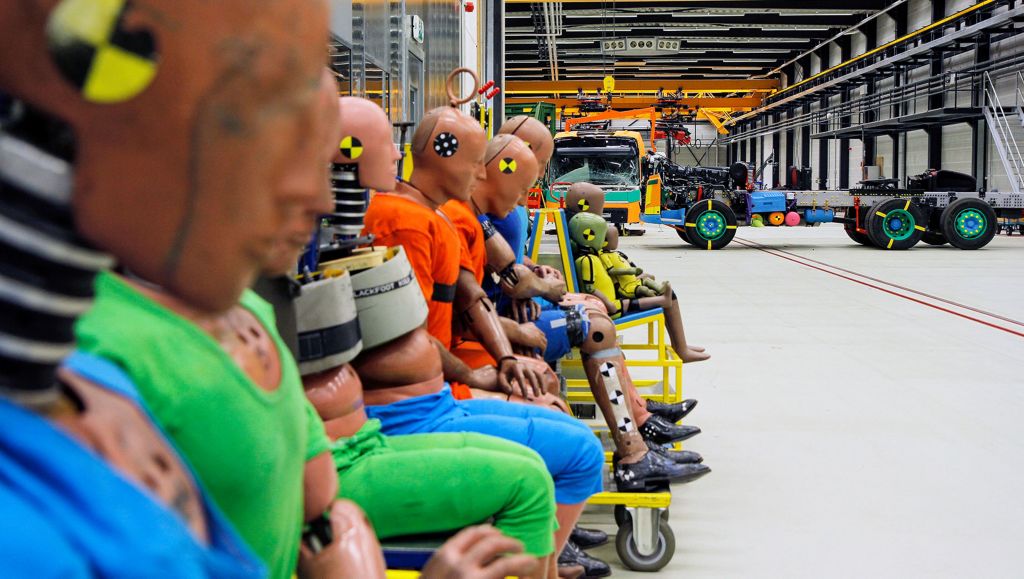Safety - key to future vehicles


Every year, approximately 1.2 million people die in traffic accidents. That is 3,400 people each day – the equivalent of ten full passenger planes. Not only is this the cause of immense human suffering for the victims and their families, but it also comes at a huge economic cost through congestion, repairs and medical care. In fact, poor traffic safety is a huge impediment to economic development and tends to hit society’s most vulnerable the hardest with the clear majority of these accidents taking place in developing countries. It is for this reason that the United Nations has set a target of halving the number of global deaths and injuries from road traffic accidents by 2020, as part of its 2030 Agenda for Sustainable Development.
“The Volvo Group is playing an active role in these efforts, not only by pioneering safety solutions in the commercial transport sector, but also by contributing our expertise and advocating increased attention to road safety issues,” says Peter Kronberg, Safety Director, Volvo Group. “Transportation is what makes societies function and powers its development. It is an important part of driving prosperity – but today’s frequent collisions bring transport systems to a standstill and development can’t come at such a high human cost. If we are to realise the Volvo Group’s mission, we must contribute to making our roads safer.”
New technology will play an important role, and the industry now develops active safety systems which are designed to avoid accidents, in addition to passive safety systems that mitigate the impact of accidents. This has been made possible by advancements in technology and machine intelligence, which also underlies the new automotive frontier of automation. Automated and connected vehicles can drastically improve efficiency and productivity and they have the potential to improved safety too. Yet, based on the misconception that automation is about creating driverless vehicles, there are some concerns that the technology represents a safety risk. In this regard, having such a strong track record in the field of safety is a huge advantage for the Volvo Group, which has already shown how the technology can be used to improve traffic safety, through innovations such as Collison Warning with Emergency Brake and Lane Keeping Support.
“The human factor – either the driver or another road user – is involved in the vast majority of traffic accidents,” says Peter Kronberg. “This is because we are fallible – we sometimes overestimate our capabilities, we speed, we become tired or inattentive, and some even drink and drive. An autonomous vehicle will be designed never to do any of these things.” Still, the driver will remain central to traffic safety. Active safety and the majority of automated systems are designed to support drivers, not replace them. “Human beings are fantastic at anticipating events in complex environments – far superior to computerized systems. How many potential accidents do human drivers avoid every day? We are seeking the optimal mix between human and machine.” Ultimately, no new technology will be successful unless its safety can be assured. Just as safety has been at the core of the Volvo Group for over 90 years, it will continue to be so as Volvo Group companies continue to drive prosperity across the globe.
Read more about Trafic Safety here